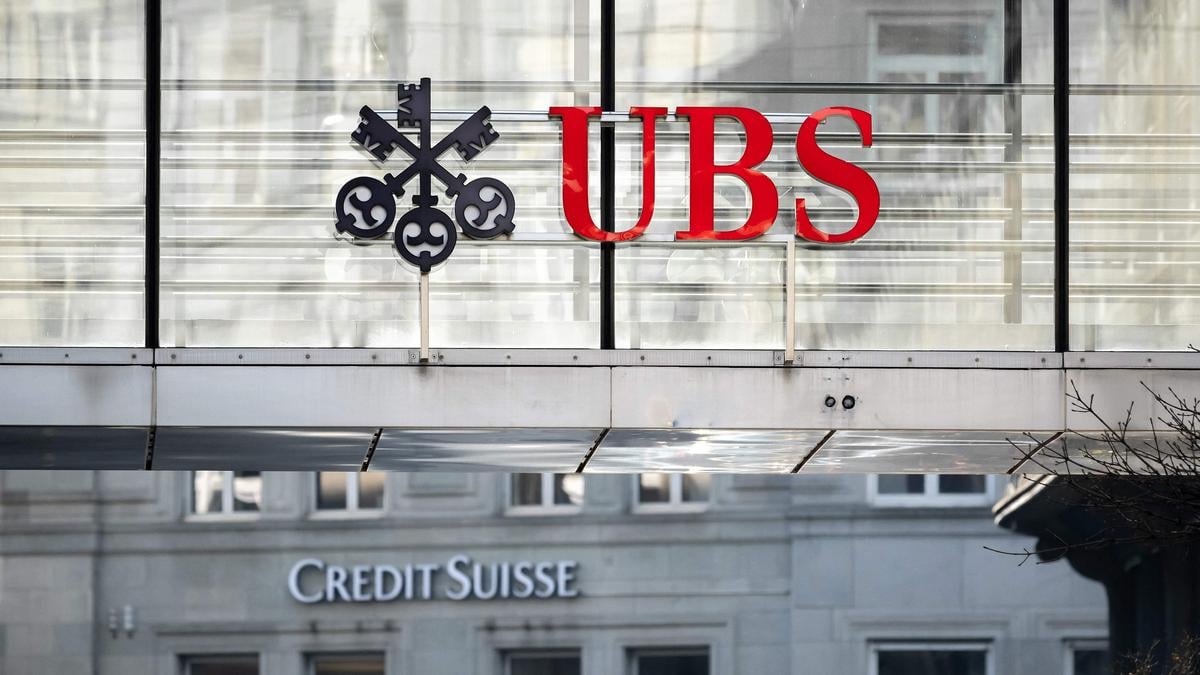UBS Group AG lost the crux of its case against European Union regulators over Credit Suisse Group AG’s involvement in a foreign-exchange trading cartel – but defeat was sweetened after judges slashed the fine by nearly two-thirds.
The EU General Court on Wednesday threw out the Swiss bank’s appeal against the European Commission’s February 2021 findings that Credit Suisse – taken over by UBS in 2023 – illegally participated in a cartel via the “Sterling Lads” chatroom.
The tribunal, however, cut the amount of the fine from €83.2 million to €28.9 million, for errors in regulators’ analysis of the alleged wrongdoing.
The Luxembourg-based tribunal “confirms the participation of Credit Suisse in an agreement in the spot-trading sector but reduces the amount of the fine,” according to a statement on the judgment.
“While Credit Suisse did indeed participate in the agreement, the commission failed, however, to determine correctly the proxy for the value of its sales in order to set the amount of the fine.”
The commission’s 2021 decision hit out at HSBC Holdings Plc, Credit Suisse, Barclays Plc, and Royal Bank of Scotland Group Plc for their alleged role in swapping sensitive information and trading plans that allowed them to make informed decisions to buy or sell currencies.
Penalties for the alleged abuse amounted to €344 million for all banks.
UBS was spared at the time for having revealed the existence of the cartel.
Wednesday’s case is one of many disputes that the company inherited when it bought its beleaguered rival two years ago.
UBS declined to comment on the ruling, which can be appealed to the bloc’s highest court, the European Court of Justice.
The commission pointed out that the General Court “fully confirmed that Credit Suisse participated in the cartel and rejected all pleas in that regard” and said it would “carefully study the judgment and reflect on possible next steps.”
Over more than a decade, the EU embarked on broad probes into how bank traders swapped information in chatrooms, leading to billions of euros in fines levied by the Brussels regulator, at the time under the leadership of erstwhile EU antitrust chief Margrethe Vestager.
Her investigations followed the EU’s approval for billions of euros in government support to keep many European lenders alive during the financial crisis in the wake of the 2008 collapse of Lehman Brothers Holdings Inc.
The judgment came the same day as Tom Hayes – the former star UBS trader who was the face of the Libor rigging scandal – won a UK bid to overturn his criminal conviction, clearing his name a decade after he was sent to jail.
©2025 Bloomberg L.P.
